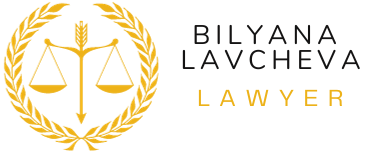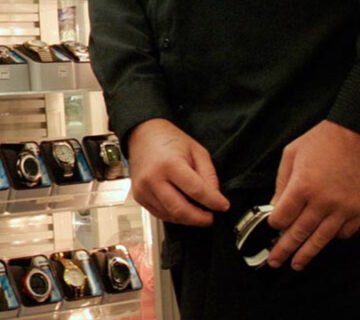If you have recently been charged with a drink driving offence under the Road Traffic Act 1988, you may understandably be deeply concerned about your ability to work and travel, and the possible negative impact on your personal and professional reputation. Being unable to drive can also place huge pressure and stress on your family if they rely on you for day to day transportation including for school, clubs, shopping, and to visit friends and family. As such, it is vitally important to understand your legal position, the options available, and the best steps to take from the outset. Our drink driving defence solicitors have put together some information about the offence and possible defences for you.
One of the most serious of road traffic offences is driving while under the influence of alcohol or drugs. It is unlawful to refuse to be breathalysed or tested with drug screening test, and you could be disqualified from driving for a period of two years and either fined up to BGN 2,000.
You commit a drink driving offence if an alcohol test finds that you have blood alcohol concentration of more than 0,5 per thousand. In this case the fines and penalties are as follows:
- for more than 0,5 per thousand and less than or equal to 0.8 per thousand – a loss of license for a period of 6 months and a fine of BGN 500;
- for more than 0.8 per thousand and less than or equal to 1,2 per thousand – a loss of license for a period of 12 months and a fine of BGN 1,000.
Please note that a driver with alcohol concentration in his blood exceeding 1.2 per thousand shall be punished by imprisonment from one to three years and a fine from BGN 200 to 1,000. As well, a person who drives a motor vehicle after he has used drugs or analogues thereof, shall be punished by imprisonment from one to three years and a fine from BGN 500 to 1,500.
WHAT ARE THE DEFENCES TO THE CHARGE OF DRINK DRIVING?
There are several common defences to drink-driving, including:
- Technical / procedural reasons – if it can be proven that the police did not undertake the alcohol measurement process correctly, sufficient doubt may be cast on the evidence provided by the police to prevent any prosecution.
- You drank after driving (the ‘hip flask’ argument) – in this case, your defence would be that you drove before having a drink of alcohol.
- Duress – whereby a person is forced to drink-drive, perhaps because their life is threatened. It would be very rare that this defence would be used or succeed.
- You were not conscious that you were driving at the time – this is often referred to as ‘automatism’ (which means “the performance of actions without conscious thought or intention”). Like duress, this defence is seldom used.
- The event occurred on private premises – to be found guilty, you must have been in a public space or on a public road – if the location of the drink driving was not public, the Court might take this into consideration. Likewise, they may consider that what is technically a private space is really public (e.g. a supermarket carpark).



No comment